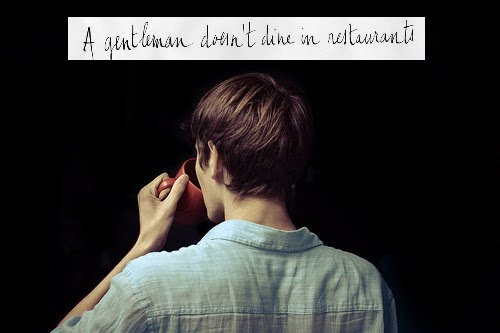Pandarus. You have no judgment, niece. Helen herself
swore th'other day that Troilus, for a brown
favour - for so 'tis, I must confess - not brown
neither -
Cressida. No, but brown.
Pandarus. Faith, to say truth, brown and not brown.
Cressida. To say truth, true and not true.
A year of desperate misdirection in resistance to rampant, ruthless treachery in American high office found commentator after commentator promising that the next infraction would clarify one's purpose, not to say the plain obligations of words. What began as a universal revulsion with leering denunciation of a female for being female, reaches now a peak in dithering conjecture on what to say about a multi-front war on fact, its institutions, and their survival in the shakiest society this continent has ever known. What is more galling than a privileged voice that will not speak, for fear of what is plain, if not the falseness of objection, gaudily ornamented? Shame now wrings its perfect emulation, as our schoolboy mourns the half-eclipse of his curriculum, just not its tireless prince. He comes.
The specialty of rule hath been neglected.
And look how many Grecian tents do stand
Hollow upon this plain, so many hollow factions.
When that the general is not like the hive
To whom the foragers all repair,
What honey is expected? Degree being vizarded,
The unworthiest shows as fairly in the mask.
The heavens themselves, the planets, and this centre
Observe degree, priority, and place,
Insisture, course, proportion, season, form,
Office, and custom, in all line of order.
And therefore is the glorious planet Sol
In noble eminence enthron'd and spher'd
Amidst the other; whose med'cinable eye
Corrects the influence of evil planets,
And posts like the commandment of a king,
Sans check, to good and bad.
But when the planets
In evil mixture to disorder wander,
What plagues and what portents, what mutiny,
What raging of the sea, shaking of earth,
Commotion in the winds, frights, changes, horrors,
Divert and crack, rend and deracinate
The unity and married calm of states
Quite from their fixture!
O, when degree is shak'd
Which is the ladder of all high designs,
The enterprise is sick. How could communities,
Degrees in schools, and brotherhoods in cities,
Peaceful commerce from dividable shores,
The primogenity and due of birth,
Prerogative of age, crowns, sceptres, laurels,
But by degree stand in authentic place?
Take but degree away, untune that string,
And hark what discord follows. Each thing melts
In mere oppugnancy; the bounded waters
Should lift their bosoms higher than the shores,
And make a sop of all this solid globe;
Strength should be lord of imbecility,
And the rude son should strike his father dead;
Force should be right - or rather, right and wrong,
Between whose endless jar justice resides,
Should lose their names, and so should justice too.
Then everything includes itself in power,
Power into will, will into appetite,
And appetite, an universal wolf,
So doubly seconded with will and power,
Must make perforce an universal prey,
And last eat up himself.
William Shakespeare
Troilus and Cressida
I, iii, 78 - 123
ca 1608
Kenneth Palmer
editor
The Arden Shakespeare
Methuen, 1982©
René Girard
A Theatre of Envy
William Shakespeare
Oxford University Press, 1991©
i Michael Verheyden
bowl
ii Christopher Thompson
Oil on canvas
2017©
iv Constantine Manos
Photograph, untitled
Northern Peloponnese
1964

















